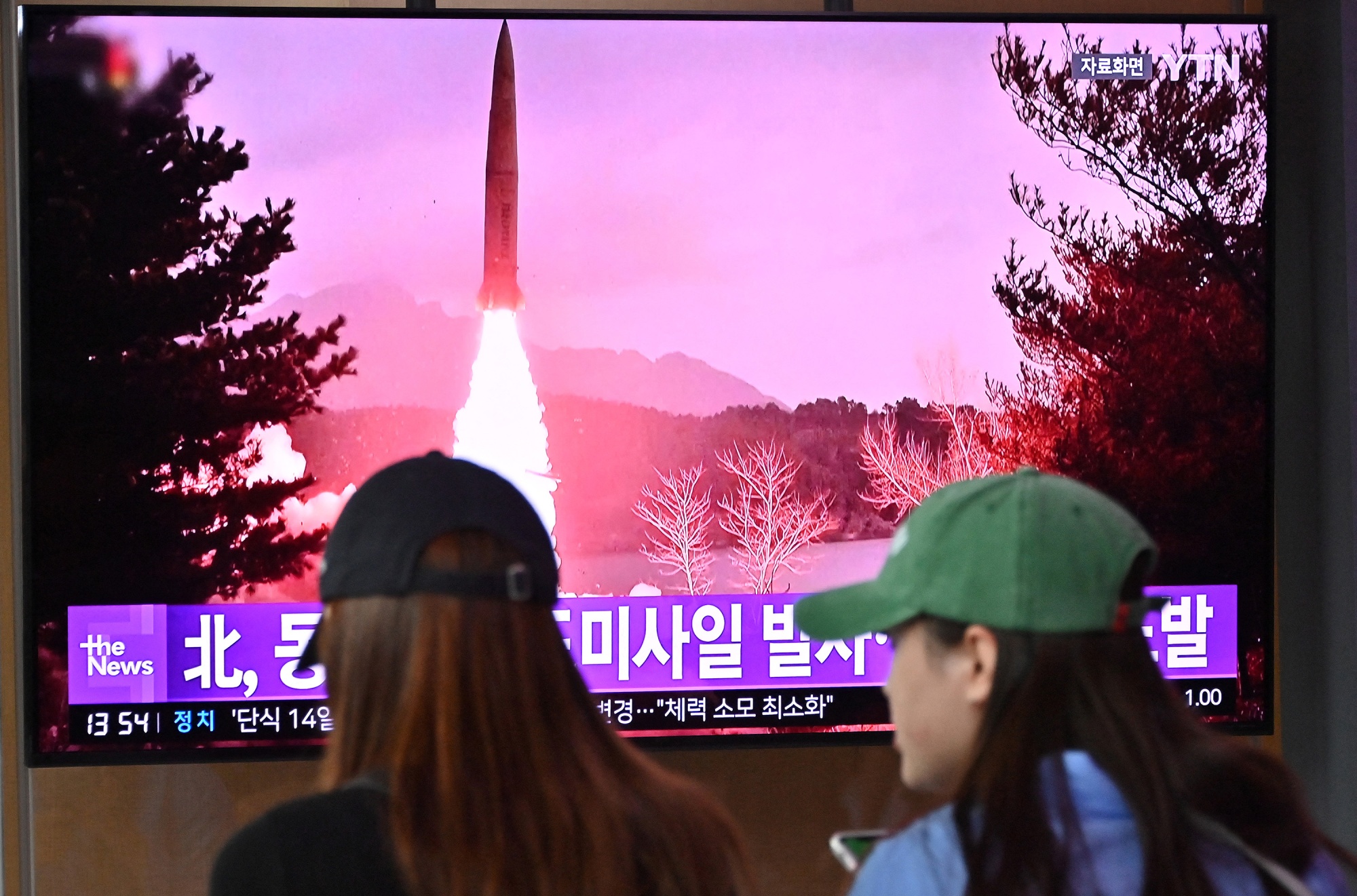Already a subscriber? Make sure to log into your account before viewing this content. You can access your account by hitting the “login” button on the top right corner. Still unable to see the content after signing in? Make sure your card on file is up-to-date.
The White House announced that a real-time system for sharing North Korean ballistic missile warning data between South Korea, the United States, and Japan is set to become operational in the coming days.
This initiative, a result of the August Camp David summit between South Korean President Yoon Suk Yeol, U.S. President Joe Biden, and Japanese Prime Minister Fumio Kishida, aims to operationalize the trilateral real-time system by year’s end. Mira Rapp-Hooper, the National Security Council senior director for East Asia and Oceania, said, “We are on track to make good on our promise to be sharing real-time missile warning data by the end of this year and in fact, expect that to be operational within the next few days.” The system’s establishment comes amid increasing security coordination among these nations due to the growing nuclear and missile threats from North Korea.

Previously, the US maintained separate data-sharing systems with South Korea and Japan, but there was no direct linkage between these two Asian allies, partly due to historical tensions. The new system is expected to significantly enhance the countries’ capabilities in detecting and tracking North Korean missiles. Rapp-Hooper also mentioned a “full agenda plan for 2024,” which includes upcoming trilateral meetings among commerce and financial ministers from the three countries.
Emphasizing the importance of the Camp David summit, Rapp-Hooper highlighted the commitment of the three countries to consult each other in case of a common crisis. She clarified that this commitment does not create a formal trilateral security guarantee but recognizes the shared security environment. The official also mentioned ongoing discussions addressing regional challenges, including North Korea-Russia cooperation and China’s recent activities in the South China Sea, referring to North Korea and China by their official names, DPRK and PRC.






